“There are many things from which I might have derived good, by which I have not profited, I dare say,” returned the nephew. “Christmas among the rest. But I am sure I have always thought of Christmas time, when it has come round — apart from the veneration due to its sacred name and origin, if anything belonging to it can be apart from that — as a good time: a kind, forgiving, charitable, pleasant time: the only time I know of, in the long calendar of the year, when men and women seem by one consent to open their shut-up hearts freely, and to think of people below them as if they really were fellow-passengers to the grave, and not another race of creatures bound on other journeys. And therefore, uncle, though it has never put a scrap of gold or silver in my pocket, I believe that it has done me good, and will do me good; and I say, God bless it!” ~Excerpt from “A Christmas Carol” by Charles Dickens
Almost every year, I go through the annual ritual of reading “A Christmas Carol” by Charles Dickens. It’s a short little book than can be easily read in one sitting. For some reason, probably because of my own lighting fast conversion, I have always been drawn to the story of a great reprobate who literally overnight gets miraculously reoriented towards the shining light of Christ; most dramatically witnessed by Scrooge himself on Christmas morning. And, although there are many scenes in the book that I love, my favorite remains when Fred, the exuberant nephew of Scrooge, his only living relative, bursts into the dusty offices of his uncle and invites him to Christmas dinner. The above soliloquy is Fred’s response to his uncle’s rant against Christmas. It’s interesting, because he doesn’t cave-into Scrooge’s ugliness; even though, if he did acquiesce, he could greatly benefit from his uncle’s financial support. Fred remains stout in the face of Scrooge’s Christmas bashing.
As I go through the story, I am continually overjoyed when Scrooge, after being visited by the three ghosts, humbly knocks at his nephew’s door and requests to enter. It’s a beautiful example of the symbolism surrounding that of the returning sinner; the prodigal coming in out of the cold. For myself, the lesson here: like Fred, remain true to your beliefs; even in the face of persecution; or when you know it will hurt you personally or economically. Invite the sinner; welcome him to your table. Most will simply spit in your face. Don’t fight back, merely turn the other cheek and be on your way. Perhaps, someday, they will take you up on the offer and, like Scrooge, ask to once again be a part of your family. But, first, the invitation must be made. For, every fallen away soul needs a Fred in their lives: someone who will joyfully embrace them, but not capitulate to their wounded nature. Someone who will Love them, but not aid in self-destruction. Because Scrooge is really the penultimate example of someone who turns away from God: a person, who was hurt as a child, became instinctively guarded, and then retreats into a world of their own making. It’s our duty to offer these people a way out.

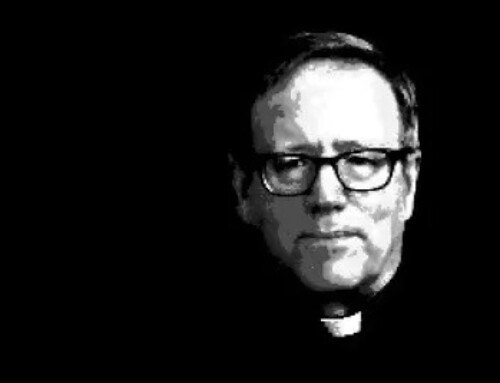
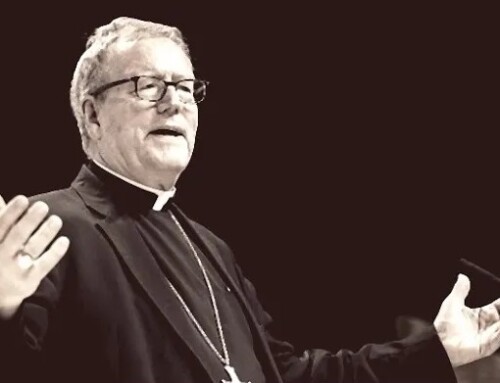
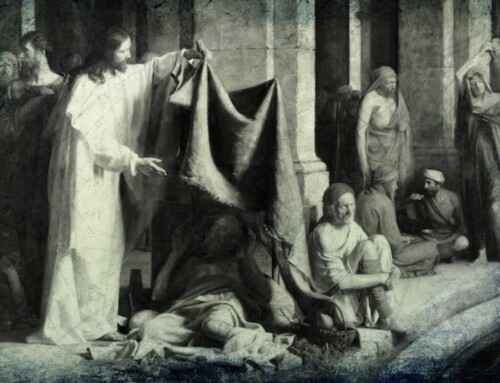
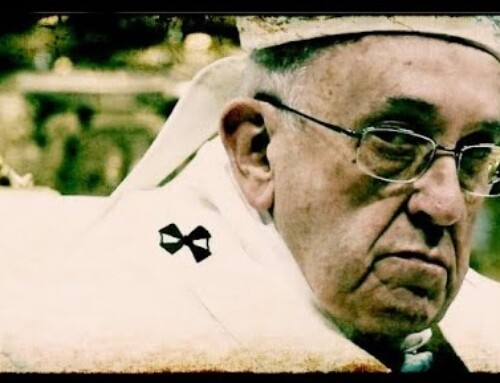
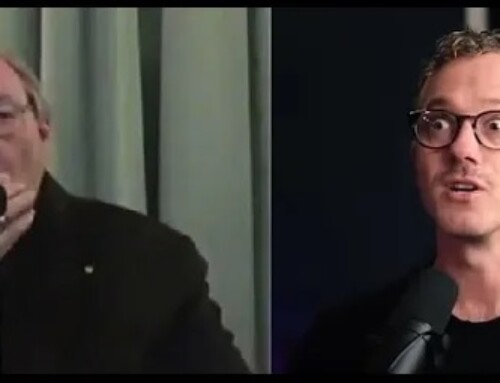
I was happy to be introduced to your blog recently. I am a Catholic blogger trying to write about this issue. I agree with you we need to approach our wounded brothers and sisters with kindness and mercy instead of self-righteous denunciations. May God bless you in your work. Susan Fox http://www.christsfaithfulwitness.com
Thank you for the comparisons. T. W.